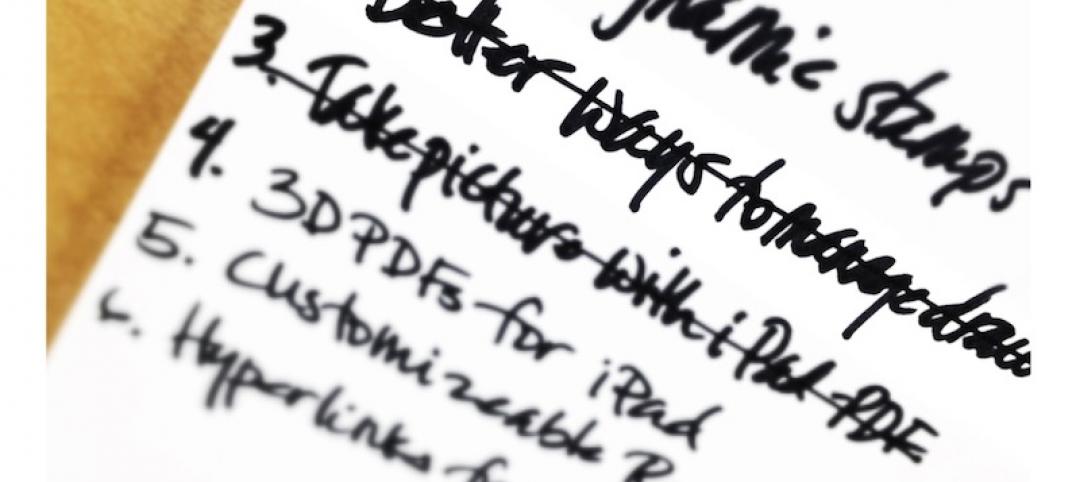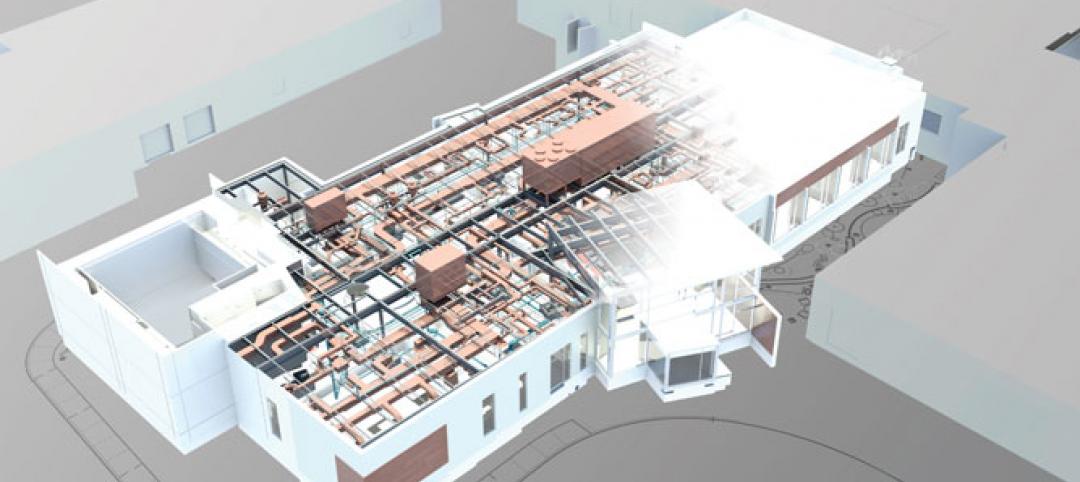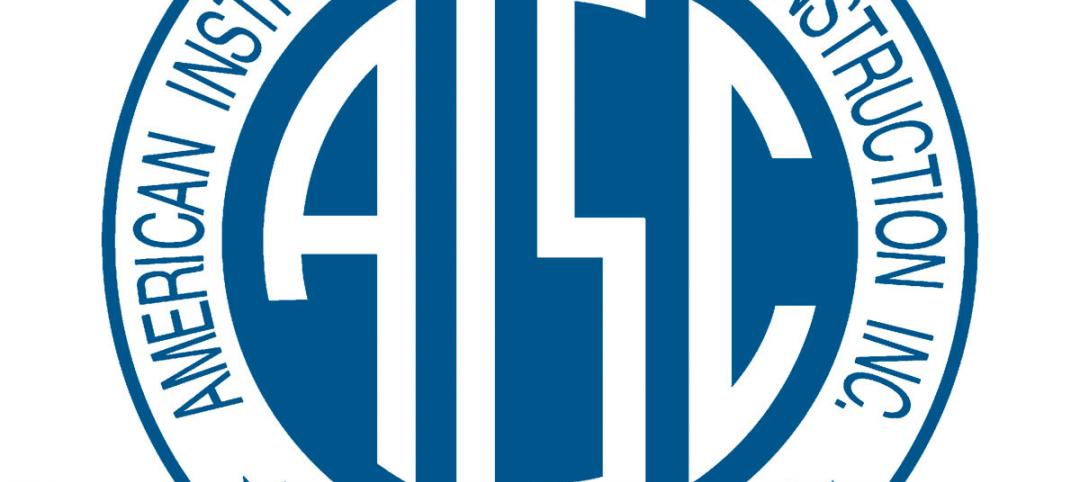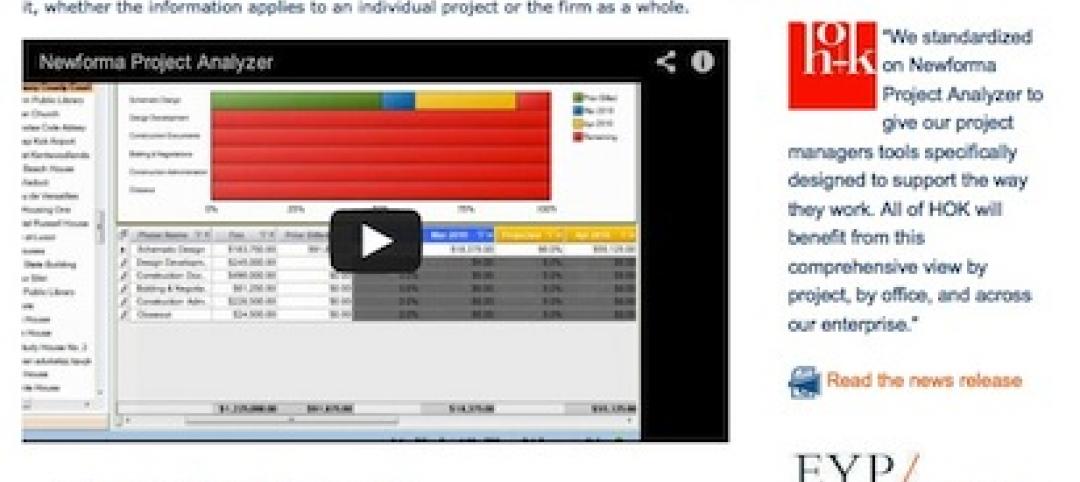The American Institute of Architects (AIA) Technology in Architectural Practice (TAP) Knowledge Community developed the AIA TAP Innovation Awards to honor state of the art of the design, delivery, and management of the built environment as enabled by advanced processes and technologies.
TAP has spearheaded efforts to highlight case studies from the profession in the harnessing of BIM technology and processes to further design, construction, and project excellence. The AIA TAP Innovation Awards emphasizes how this array of new practices and technologies will further enable project delivery and enhance data-centric methodologies in the management of buildings for their entire lifecycle, from design, to construction, and through operations.
Categories for the TAP Innovation Awards include: Stellar Architecture, Delivery Process Excellence, Academic Program/Curriculum Development (none selected this year), and Exemplary use in a Small Firm.
Category A – Stellar Architecture
Submissions in this category exhibited exemplary architectural design and display innovations in practices and technologies.
Emerson College; Los Angeles
Morphosis Architects
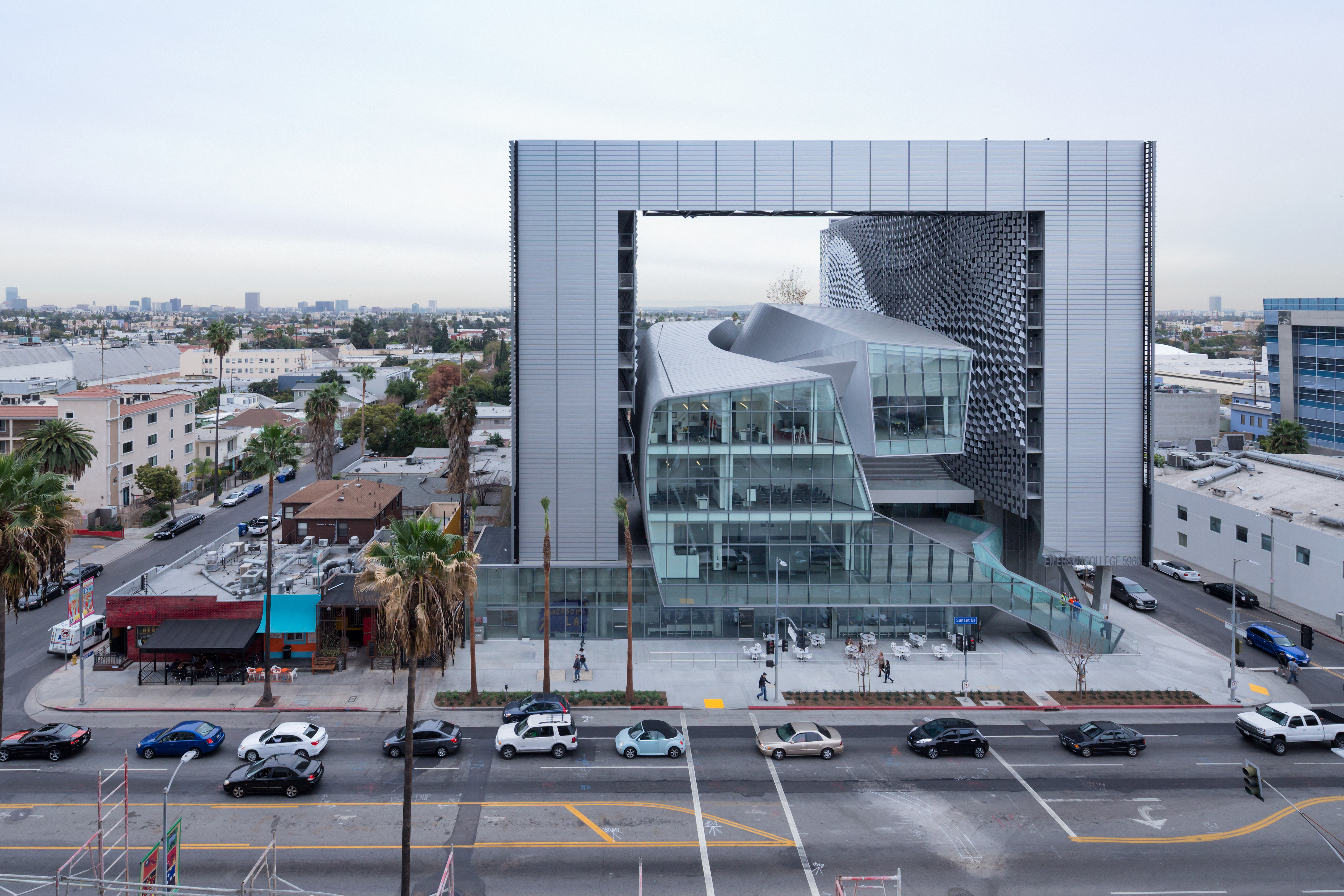 An all-glass facade at street level invites students and the community to mingle at the public cafe. Image: Iwan Baan
An all-glass facade at street level invites students and the community to mingle at the public cafe. Image: Iwan Baan
Morphosis created a custom computational tool to layout key design elements that allowed for aesthetic and sustainable features to be developed in concert with each other. Anticipated to achieve a LEED Gold rating, this project delivers advanced energy efficiency features including radiant heating and cooling, window contacts to facilitate natural ventilation, operable sunshades, user controllability, and solar thermal collectors.
The project is expected to achieve a 15% energy cost savings over baseline figures and a 31% reduction of potable water use in all fixtures. Responding to local weather conditions, the automated sunshade system opens and closes horizontal fins outside the high-performance glass curtain-wall to minimize heat gain while maximizing daylight and views.
Category B – Delivery Process Excellence
Submissions in this category exhibited outstanding examples of innovations in collaboration in the project delivery process to fulfill project goals.
University of Delaware’s Interdisciplinary Science and Engineering Lab (ISE Lab);
Newark, Del.
Ayers Saint Gross
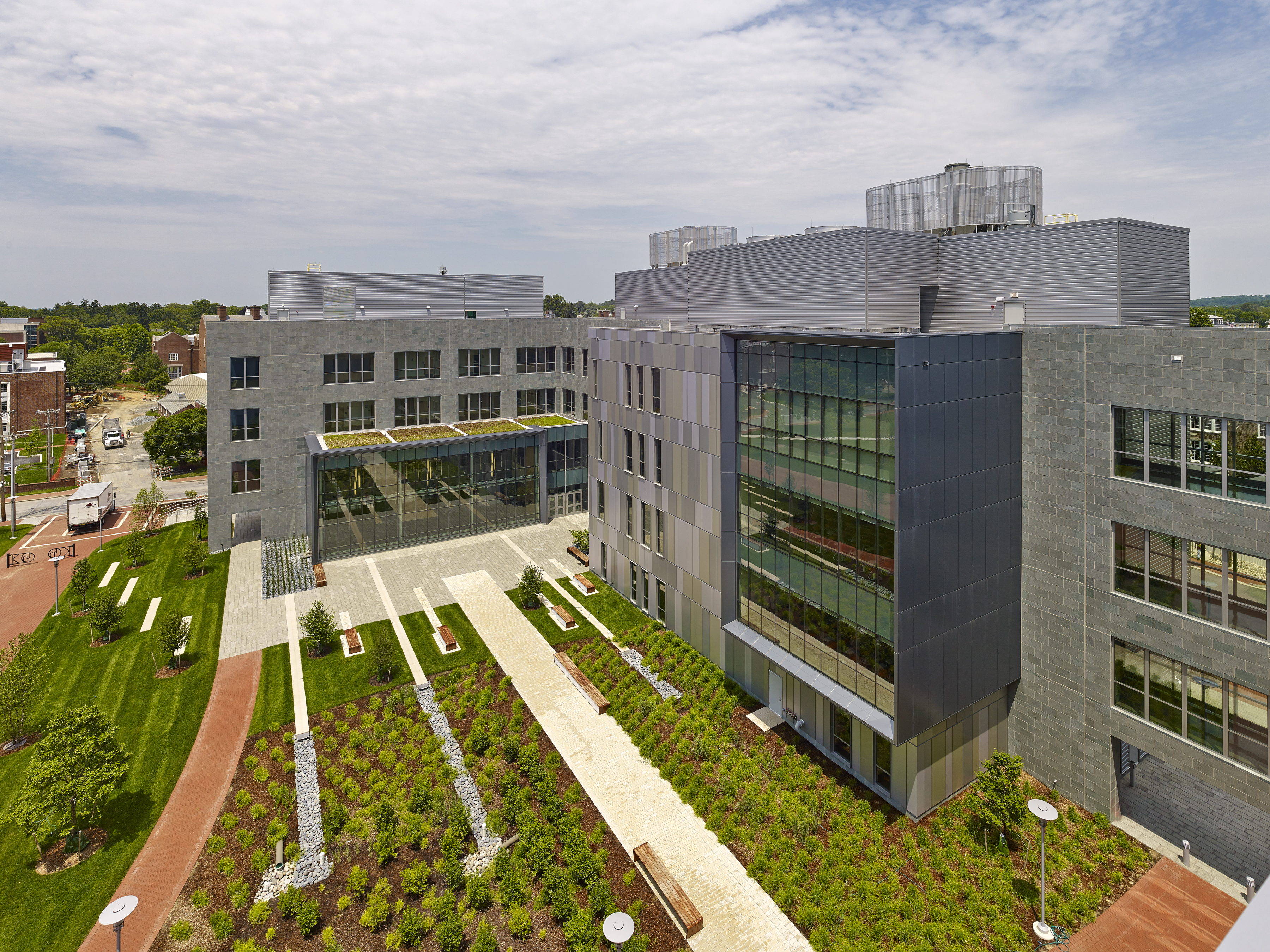 The building and site utilize best green practices, including capturing stormwater in the landscape. Image: Tom Holdsworth
The building and site utilize best green practices, including capturing stormwater in the landscape. Image: Tom Holdsworth
The architect and consulting engineers developed 13 design models using BIM software, which were combined to allow a full understanding of how each building system affected the other. These models were constantly available to the construction management team and fabricators via the project cloud.
An open exchange of files between design and construction entities allowed the project to be completed 60 days ahead of schedule. Robotically-controlled bulldozers enabled a greater level of control for site grading and retention swales. A constantly evolving schedule was made possible by linking modeled elements to timelines, ensuring early or on-time completion of each phase of construction.
Honorable Mention
OHSU/PSU/OSU Collaborative Life Sciences Building; Portland, Ore.
SERA Architects and CO Architects
 The complex geometries of the building, including the atrium and its ramping system, were molded and coordinated in Revit and Navisworks. Image: Jeremy Bitterman
The complex geometries of the building, including the atrium and its ramping system, were molded and coordinated in Revit and Navisworks. Image: Jeremy Bitterman
With 28 design teams in 10 states, the use of modeling software, file exchange software, cloud-based collaboration technology, and document management tools was critical to the project’s work flow. The entire construction team chose to collocate throughout the project, which allowed it to be conceived, constructed, and delivered in only 38 months.
During the latter stages of design, the architect, engineers, contractor, and subcontractors met frequently to hold clash-detection meetings, resolving system conflicts during design and easing the 3D model transition to the subcontractors. The design team calculated the total savings to the owner for their all-digital process was just under $10 million when accounting for print costs and labor hours.
Category D – Exemplary Use in a Small Firm
Submissions in this category exhibited exemplary improvements through application of progressive practices, innovative processes and advanced technologies in a firm of 10 or fewer members, at any stage(s) of the overall process of project feasibility assessment, programming, design, documentation, procurement, construction, and operation.
D-Bridge
Point B Design
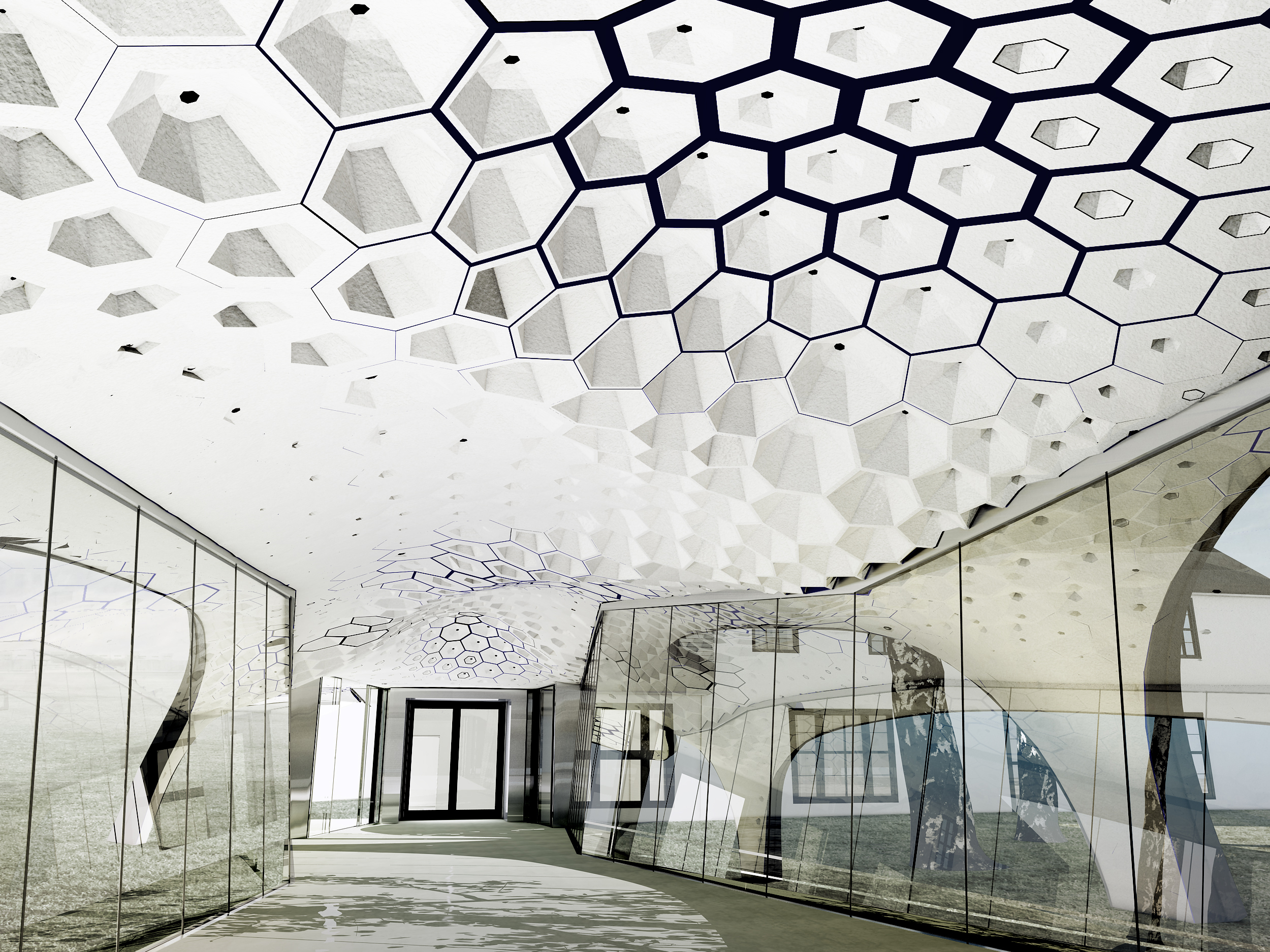 Visual voxels project structural voels' geometry into the interior, maximizing visual stimulation. Image: Point B Design
Visual voxels project structural voels' geometry into the interior, maximizing visual stimulation. Image: Point B Design
The D-Bridge is a yet-unbuilt architectural project and experimental structure that serves as an extension to a private gallery and residence. The core feature of the Bridge serves as both its form and structure with 1,000 laser-cut, folded cells made from flat sheets of stainless steel (voxels). By developing a cultural change in practice, the team has been able to engage everyone involved in the project to create a greater level of collaboration and understanding.
The jury for the AIA TAP Innovation Awards include:
• Steven Wolf, AIA (Chair), Target Corporation
• Dr. Carrie Sturts Dossick, P.E., University of Washington
• Federico Negro, CASE
• Shane Burger, Woods Bagot
• Randall Deutsch, AIA, University of Illinois at Urbana-Champaign
Related Stories
| Apr 15, 2013
Using software and the power of the cloud to connect your back office to your field operations [webinar]
This webinar will focus on a new software subscription service that will help construction companies, general and specialty contractors connect their back office infrastructure with all of their field operations. The service will help capture, manage and report on the progress of existing construction jobs and help in the planning of new ones.
| Apr 6, 2013
Bentley’s inaugural Chief Donald J. Burns Memorial Research Grant awarded to University of Texas Group
Bentley Systems, Incorporated, the leading company dedicated to providing comprehensive software solutions for sustaining infrastructure, today announced that the Chief Donald J. Burns Research Grant for 2012 has been awarded on its behalf to Dr. Ofodike Ezekoye and Austin Anderson, of the University of Texas Fire Research Group (UTFRG), by the Society of Fire Protection Engineers (SFPE) Scientific and Educational Foundation.
| Mar 27, 2013
Small but mighty: Berkeley public library’s net-zero gem
The Building Team for Berkeley, Calif.’s new 9,500-sf West Branch library aims to achieve net-zero—and possibly net-positive—energy performance with the help of clever passive design techniques.
| Mar 26, 2013
Will Google Glass revolutionize the construction process?
An Australian architect is exploring the benefits of augmented reality in the design and construction process.
| Mar 6, 2013
Hospital project pioneers BIM/VDC-based integrated project delivery
The Marlborough (Mass.) Hospital Cancer Pavilion is one of the first healthcare projects to use BIM/VDC-based integrated project delivery.
| Feb 25, 2013
AISC seeks proposals for development of BIM best practices guide
The American Institute of Steel Construction seeks assistance from BIM users in identifying and documenting best practices to facilitate the long-term standardization of BIM in structural steel construction.
| Feb 8, 2013
AAMA and WDMA release updated industry review, trends forecast
Windows and doors report predicts slow growth in commercial construction; analyzes historic data from 2006-11 and forecast data through 2015.
| Jan 31, 2013
Newforma releases next generation Project Analyzer software
Newforma, a project information management software company, announced that a new version of its design project management software, Newforma Project Analyzer, has been validated by leading architecture and engineering firms and is now commercially available.



